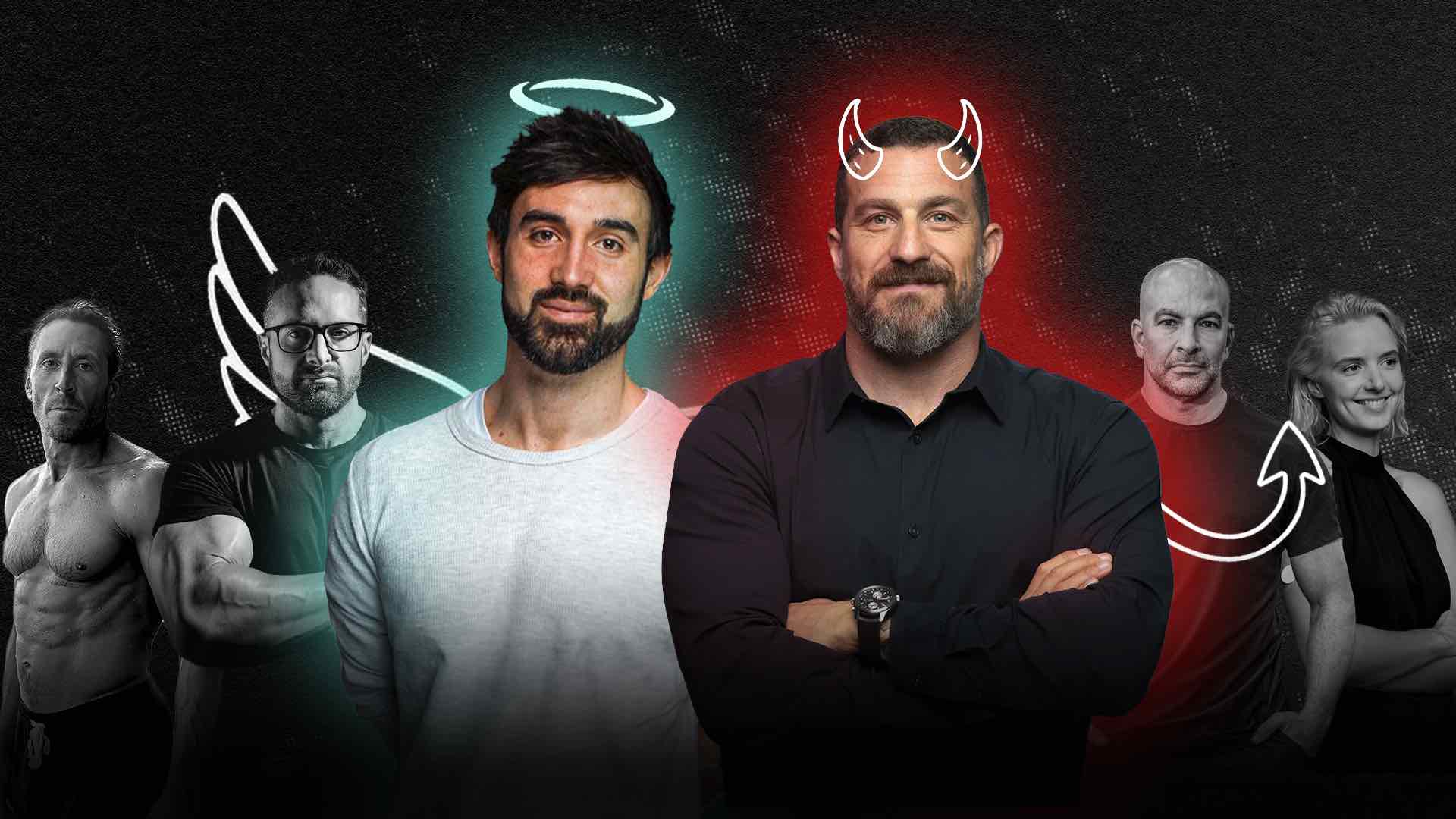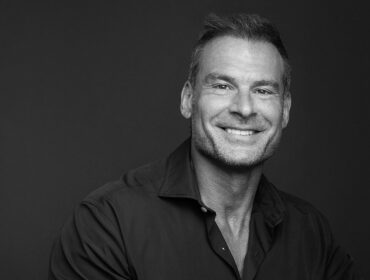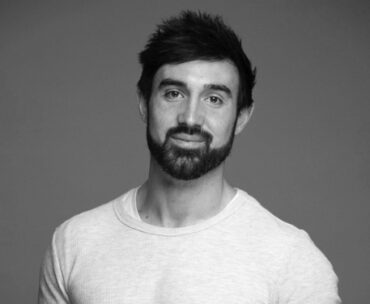Celeb scientists: saint or sinner?
Celebrity scientist saint or sinners? Which Instagram academics can you actually trust? And who are spouting spurious claims to try and part you from your hard-earned cash?
Leading science-based nutritional researcher and Alinea Nutrition founder Dr Alan Flanagan, PhD, and founder of the Ultimate Performance personal training gym chain Nick Mitchell join Unfiltered editor-in-chief Joe Warner to discuss this critical issue and more in the latest episode of the Unfiltered RoundTable.
Packed with opinions – not all of them popular – this is an unmissable conversation in which Nick and Alan reveal what they really think about some of the most popular, high-profile and influential celebrity scientists on the planet, including Dr Andrew Huberman, Dr Layne Norton, Dr Michael Mosley, The Glucose Goddess, Peter Attia, Shawn Baker, Paul Saladino Carnivore MD, The Liver King and Dr Tim Spector.
Tim Spector in the spotlight
Dr Spector is a professor at King’s College London, where he heads the Department of Twin Research and Genetic Epidemiology. He is known for his extensive research in the fields of genetics, nutrition, and the microbiome, but found fame outside of academic circles for his Covid Symptom Study app, which became a crucial tool during the pandemic to track the spread and symptoms of COVID-19 in the United Kingdom. His work has earned him recognition and awards, including an OBE for his contributions to science in 2020.
Spector also made his name with outspoken skepticism about the prevailing dietary advice, which he argues is overly influenced by industry funding and not sufficiently based on robust scientific evidence. His books, including “The Diet Myth” and “Spoon-Fed,” challenge mainstream nutritional beliefs and advocates for a more personalised approach to diet that considers individual differences in gut microbiome composition.
However, Spector has attracted widespread criticism for some of his views and potential conflicts of interest for his keen promotion of his non-academic business interests, specifically the health science company ZOE, which he co-founded. Critics, including Dr Flanagan, argue that his scientific recommendations could be seen as biased towards promoting his companies’ products or services. This crossover of commercial and research interests is a common bone of contention in the scientific community, especially around health and nutrition.







